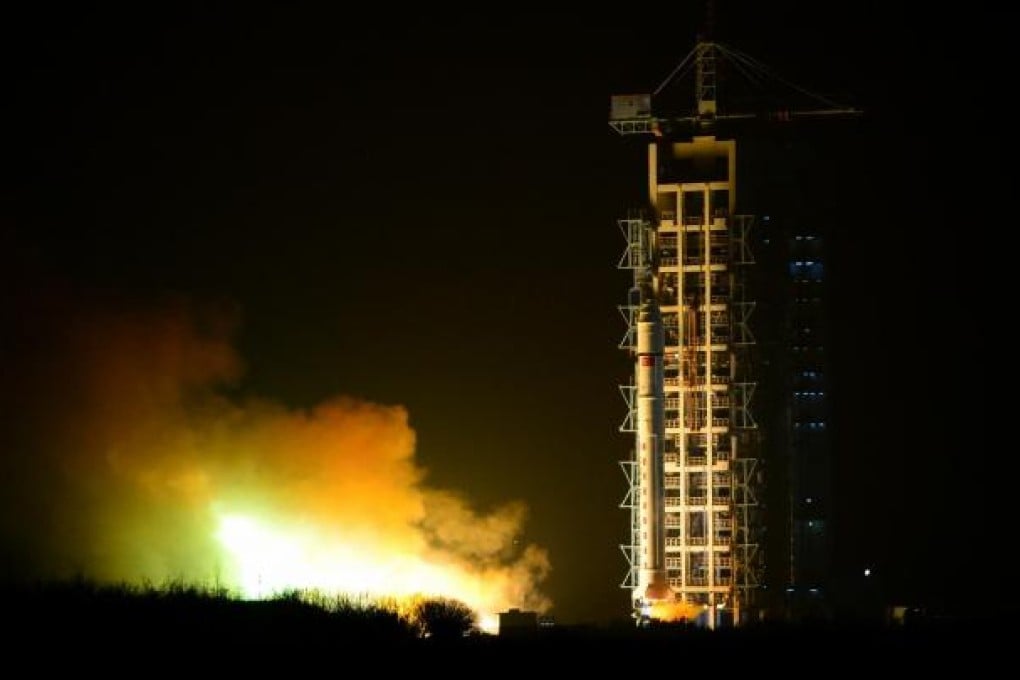Controversial Turkish satellite launch caps year for China's space programme
The launch of the Goturk-2 satellite sealed a successful year for China's space ambitions, but a US embargo poses a threat to progress

China successfully put a controversial Turkish spy satellite into orbit yesterday, capping off an intense, failure-free year for the Chinese space programme that also saw its first manual space docking.
The Gokturk-2 - Turkey's second domestically produced observation satellite - was carried by a Long March 2D rocket launched after midnight from the Jiuquan Satellite Launch Centre in the Gobi Desert.
The successful mission was described as being "a historic moment" by Turkish Prime Minister Recep Tayyip Erdogan, who had previously dismissed concerns the satellite would be used to observe Israel and undercut a US-backed blackout on high-resolution space photography of Israeli territory.
Erdogan watched the launch live from giant screens along with hundreds of Turks in Ankara, according to Agence France-Presse.
The US$200 million probe, partly financed by the Turkish Ministry of Defence, contains a South Korean-made camera that can reportedly identify ground objects as small as one square metre. It was the first produced by the Scientific and Technological Research Council of Turkey and Turkish Aerospace Industry.
Turkish Aerospace said that the probe would bolster the imaging capabilities of the Turkish Armed Forces in addition to its civilian applications.
The Gokturk was the fifth foreign satellite launched by China this year. The others included a remote-sensing probe for Venezuela, a small marine satellite for Luxemburg and two telecommunications probes for a Hong Kong company.